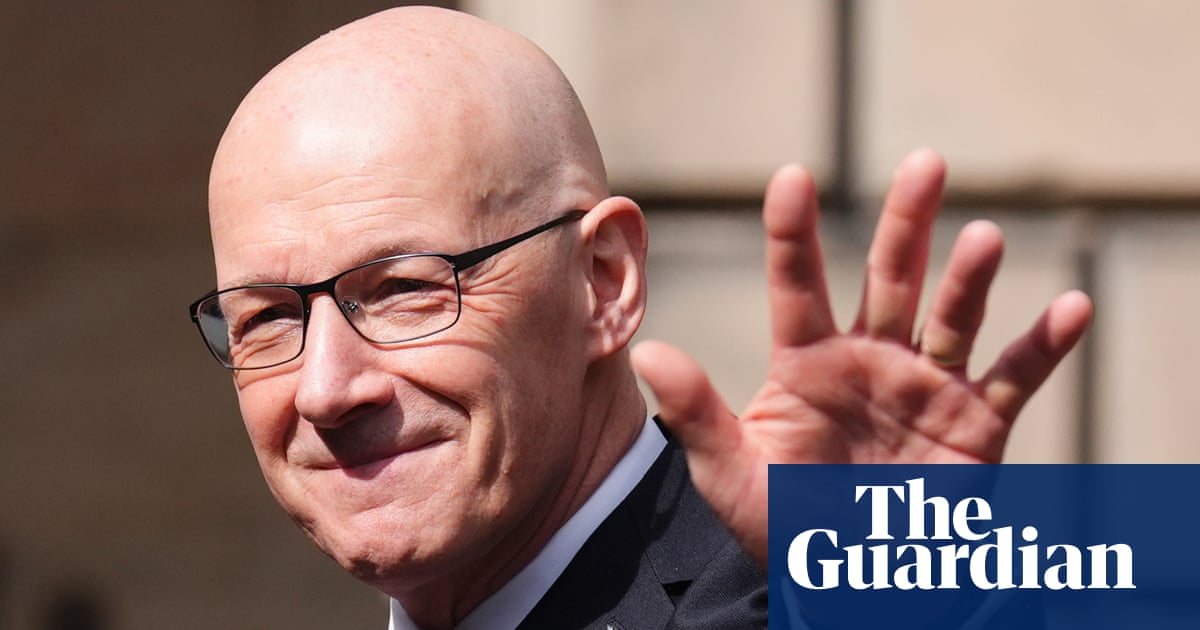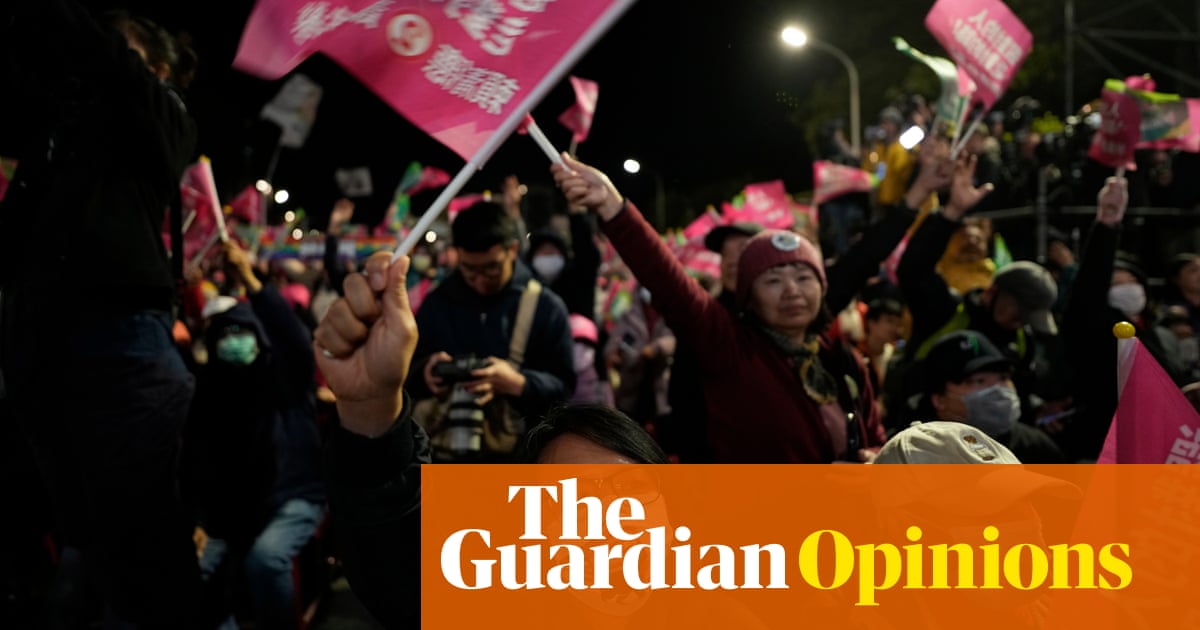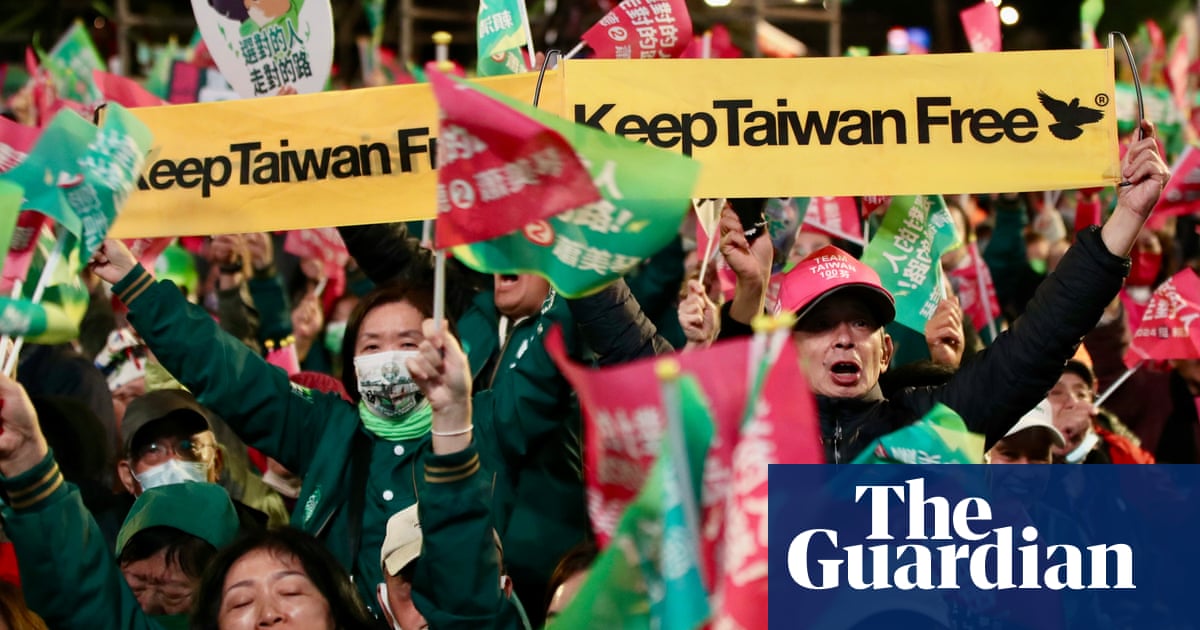
Having lived in Britain for 12 years, I returned to my native Moldova in 2022 because I was worried that Russia’s war in Ukraine would spill into my country. Thanks to the Ukrainian resistance, the skies are still clear in Moldova. But in the past weeks leading up to the presidential runoff between the pro-European incumbent Maia Sandu and the Russian-supported former prosecutor general Alexandr Stoianoglo, I felt as if I might lose my country once again.
The scale of interference in these Moldovan elections has been unprecedented. As reported by excellent independent journalists in the country, our law enforcement agencies alleged the existence of a large-scale, vote-buying scheme in the first round, run by Ilan Shor – a Russian-backed fugitive oligarch, who denies any wrongdoing.
Before the second round, journalists and others reportedly received death threats in broken Romanian, pretending to be on behalf of Sandu’s team. On election day, the most popular polling stations across Europe for overseas Moldovans had their vote disrupted by bomb threats. The servers of the Central Electoral Commission experienced a temporary cyberattack. The police said they had “reasonable evidence” of illegal organised voter transportation in Russia, Belarus, Azerbaijan and Turkey; people from Transnistria, the region to the east of the country, bordering Ukraine and controlled by Russia, admitted to being transported.
In addition to the alleged rigging, the internet, especially TikTok, was flooded with anti-Europe disinformation before the EU referendum on 20 October.
Despite all this, Sandu won. “They cannot steal as much as we can vote” was one of the informal slogans of this campaign. In the run-up to the second vote, the police updated the country daily about their arrests and seizures of cash related to the vote-buying scheme. This helped some people realise that receiving payment for votes was illegal and not just a way of getting free money. It also helped mobilise 380,000 people in the capital city Chișinău – more than in 2020 – and an unprecedented 330,000 Moldovans in the diaspora, who amounted to almost 20% of the total number of voters, to come out and vote. Both electorates largely voted for Sandu.
The pro-Russian Socialist party (PSRM), which supported Stoianoglo, said that it did not recognise the election results and that Sandu would only be the “president of the diaspora”. Yet 70% of the votes she received came from within the country.
While I lived in the UK, I queued for hours in order to vote in Moldovan elections at the various polling stations the state opened across London. In 2016, when Sandu first ran against PSRM leader Igor Dodon and lost to him, with thousands of other fellow citizens, I was not able to cast my vote because the polling station ran out of ballot papers. Some people had come from hundreds of miles away in order to vote.
Moldova’s diaspora is relatively new and porous. People first started leaving in large numbers in the 2000s, when President Vladimir Voronin ruled the country with many leading members of the PSRM. Their first destinations were Russia, Italy or Portugal, where they did difficult jobs in construction or care, in order to provide for their families. (My history teacher went to look after the dogs of an Italian star in order to pay for her son’s university fees.) Since then, as many people’s parents and grandparents had been born when Moldova was part of Romania, about a million Moldovans obtained Romanian citizenship – including the two presidential candidates, Sandu and Stoianoglo.
EU passports opened the way for Moldovans such as myself to benefit from better study and work opportunities across Europe, sending vital remittances back home. At the moment, about 1 million Moldovans live abroad and 2.8 million live in the country. Everyone has family members working abroad.
Like me, a number of people have also returned from the diaspora to open their own businesses or join existing private or non-governmental organisations, as well as state institutions. Sandu did this in 2012, leaving her much better paid position at the World Bank in order to become minister of education. Natalia Gavrilița, whom I first met in 2018 in a Moldovan activist group called FreeMoldova in London, left development work to become minister of finance and then prime minister. The list goes on.
Since the full-scale invasion of Ukraine, many Moldovans from the diaspora in Russia have returned home. In the more Russian-speaking regions of Gagauzia and Transnistria, people have started emigrating to Poland and the Czech Republic. As I was travelling on the Chișinău-Prague bus to the small Romanian town of Sibiu last week, in front of me a man was listening to Russian propaganda. The second driver, meanwhile, put on a speech by Sandu while resting. Social media have polarised Moldovan society – just like the entire world. Russian propaganda is good at enhancing these cleavages.
Moldova has shown resilience in the recent EU referendum and this presidential vote. But given the country is a parliamentary republic, the great battle will be next year in parliamentary elections. Until then, law enforcement has to get on top of vote-buying schemes. There must be better regulation of social media. And pro-European Moldovans have to collaborate and communicate better than the Russian propagandists.
Paula Erizanu is a Moldovan journalist and writer based in Chișinău












